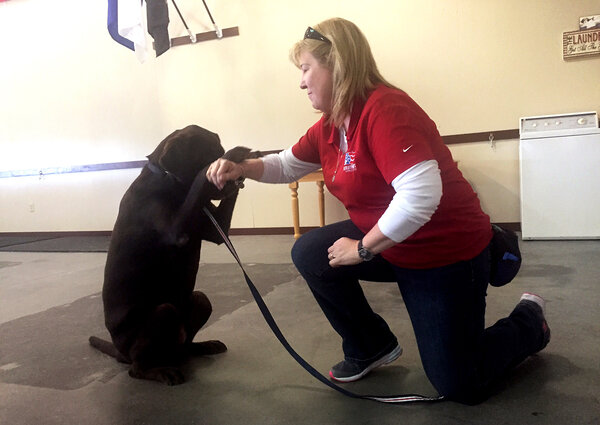
They can give their inefficient and uncaring administrators huge bonuses. But they can't come up with the dough to help guys and gals who fought for this country. Read the disgraceful story @ Veterans Say Trained Dogs Help With PTSD, But The VA Won't Pay


